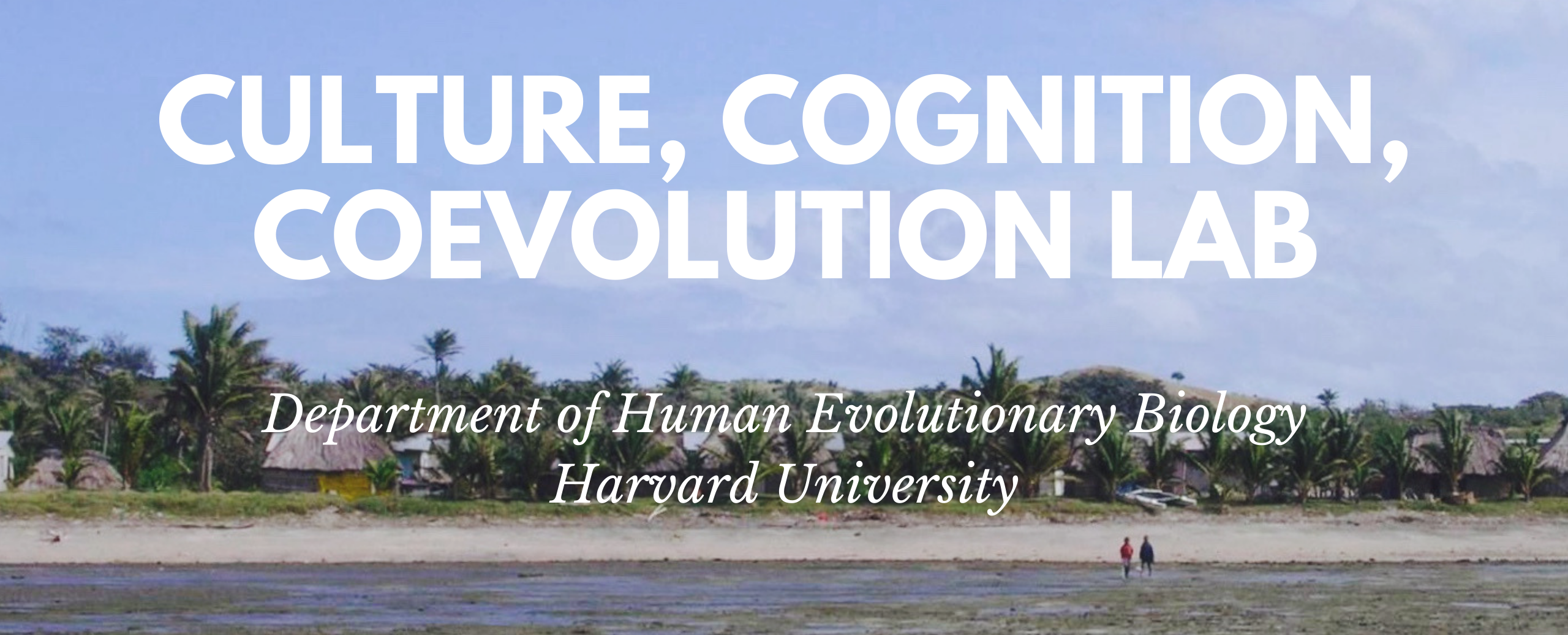Abstract:
The current study tests the application of Greenfield’s theory of social change and human development to an Arab Bedouin community transitioning from a nomadic to a sedentary way of life. We predicted that sociodemographic change across three generations away from a rural subsistence way of life (a Gemeinschaft ecology) toward an urban, educated, and technological way of life in a commercial economy (a Gesellschaft ecology) would correspond to generational differences in individualistic values related to gender, focusing on equality and chosen roles. We also examined the hypothesis that the pattern of intergenerational differences would suggest a more rapid pace of value change for women than for men. We presented 20 adolescent girls, their mothers, and their grandmothers, and 20 adolescent boys, their fathers, and their grandfathers with a series of vignettes to measure their values. Results showed increasing Gesellschaft-adapted values across generations of both women and men; however, the pattern of generational differences suggested that the most dramatic change for women was in the parent generation, whereas the most dramatic change for men was in the adolescent generation. This pattern suggested a more rapid pace of value change for women than for men. Mediation analyses showed that education, TV watching, and Internet use explained differences in values across the generations. Qualitative examples illustrate how beliefs about ideal gender behaviors and male–female relations shift across generations in correspondence with sociodemographic changes.
